Total Health Trust celebrates clients, commits to a healthy Nigeria
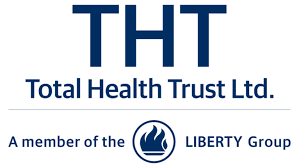 Leading Health Maintenance Organisation (HMO), Total Health Trust, who turns 21 years this year, hosted a cross section of its clients at a cocktail event in Lagos on to appreciate their support. The company reaffirmed its commitment to continuously add value to health insurance in Nigeria. Speaking at the event, CEO, Nick Zaranyika said THT has established itself as the leading provider of managed healthcare in Nigeria and its unrivalled 21-year industry track record has seen THT build a formidable reputation in Nigeria, making it the HMO of choice for over 200,000 members, over 500 corporate clients as well a key partner to the National Health Insurance Scheme (NHIS) under whose supervision the company provides cover for selected government institutions.
Leading Health Maintenance Organisation (HMO), Total Health Trust, who turns 21 years this year, hosted a cross section of its clients at a cocktail event in Lagos on to appreciate their support. The company reaffirmed its commitment to continuously add value to health insurance in Nigeria. Speaking at the event, CEO, Nick Zaranyika said THT has established itself as the leading provider of managed healthcare in Nigeria and its unrivalled 21-year industry track record has seen THT build a formidable reputation in Nigeria, making it the HMO of choice for over 200,000 members, over 500 corporate clients as well a key partner to the National Health Insurance Scheme (NHIS) under whose supervision the company provides cover for selected government institutions.
How Zipline is delivering blood by drones and saving mothers’ lives in Rwanda
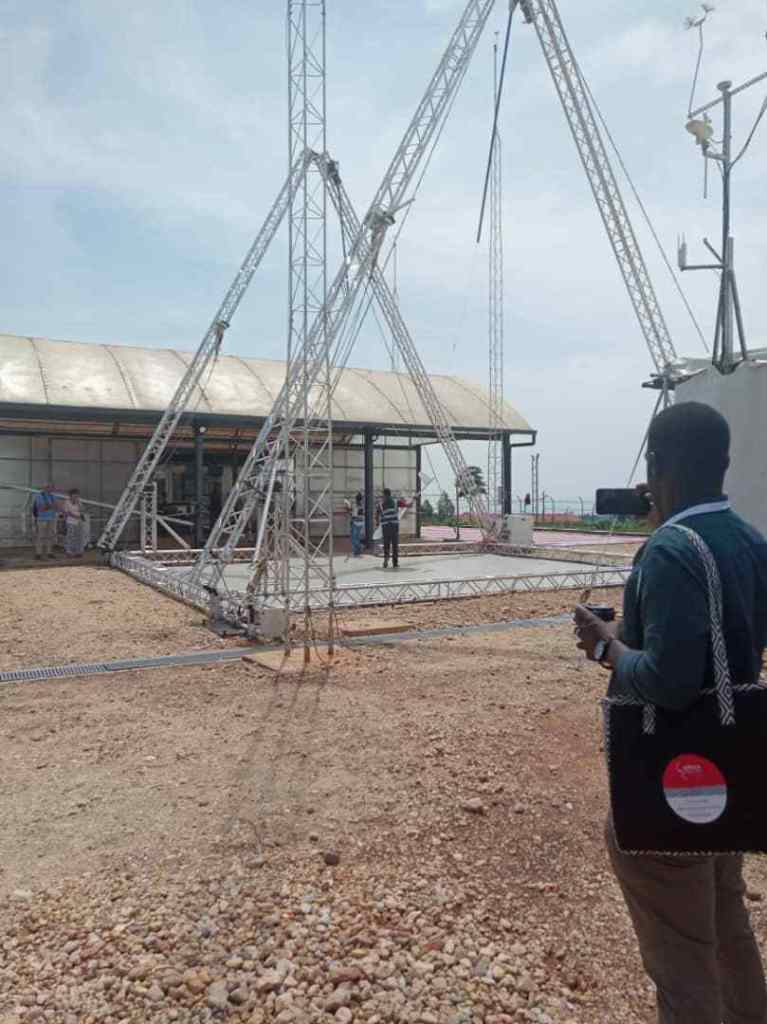 Each day we see disruptive innovations in healthcare and HFN has continued to advocate for and promote radical and life saving innovations in healthcare in Nigeria. With the traffic in Lagos and many large cities in the country, coupled with not very well maintained or even motorable roads in both cities and rural communities, an innovation by a company called Zipline, reported in Rwanda as using drones to deliver blood transfusion is something we sorely need in Nigeria. The article, reproduced below is hoped to be some of the innovations that will be discussed and actively promoted for actualisation at the upcoming March 21st 2019 Digital Health Stakeholders Summit taking Place at Radisson Blu Hotel, Ikeja Lagos. Read how Information Technology is being employed in Rwanda, here in Africa to save lives by delivering Blood to where it is needed in far flung hospitals, a way that is helping solve the universal challenge of supply chain and logistics in health.
Each day we see disruptive innovations in healthcare and HFN has continued to advocate for and promote radical and life saving innovations in healthcare in Nigeria. With the traffic in Lagos and many large cities in the country, coupled with not very well maintained or even motorable roads in both cities and rural communities, an innovation by a company called Zipline, reported in Rwanda as using drones to deliver blood transfusion is something we sorely need in Nigeria. The article, reproduced below is hoped to be some of the innovations that will be discussed and actively promoted for actualisation at the upcoming March 21st 2019 Digital Health Stakeholders Summit taking Place at Radisson Blu Hotel, Ikeja Lagos. Read how Information Technology is being employed in Rwanda, here in Africa to save lives by delivering Blood to where it is needed in far flung hospitals, a way that is helping solve the universal challenge of supply chain and logistics in health.
Antibiotic resistance threatens universal health coverage in Africa
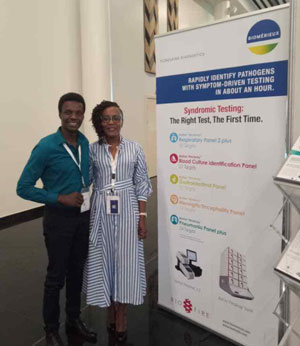 What if we run out of antibiotics to treat people who have multi-drug resistant infections? Would we be able to achieve Universal Health Coverage still? Or if we do not have technology to test for and detect an infection and decide the right antibiotics for a woman with postpartum sepsis? For countries with periodic outbreaks of cerebral meningitis or influenza, would being able to detect the first few cases not make all the difference in epidemic control?
What if we run out of antibiotics to treat people who have multi-drug resistant infections? Would we be able to achieve Universal Health Coverage still? Or if we do not have technology to test for and detect an infection and decide the right antibiotics for a woman with postpartum sepsis? For countries with periodic outbreaks of cerebral meningitis or influenza, would being able to detect the first few cases not make all the difference in epidemic control?
It is in fact the case that many deaths worldwide and especially in Africa can be attributed to antibiotic resistance. A leading French biomedical company called bioMerieux known for their innovative in vitro diagnostics and syndromic testing panels are answering these questions and investing in diagnostics for epidemic-causing diseases and antimicrobial resistance within and outside Africa. At the recently concluded Africa Health Agenda International Conference 2019 (AHAIC2019), their comprehensive BioFire microbial testing panels were featured at the marketplace for innovations.
FG renews appointment of FMC Makurdi director
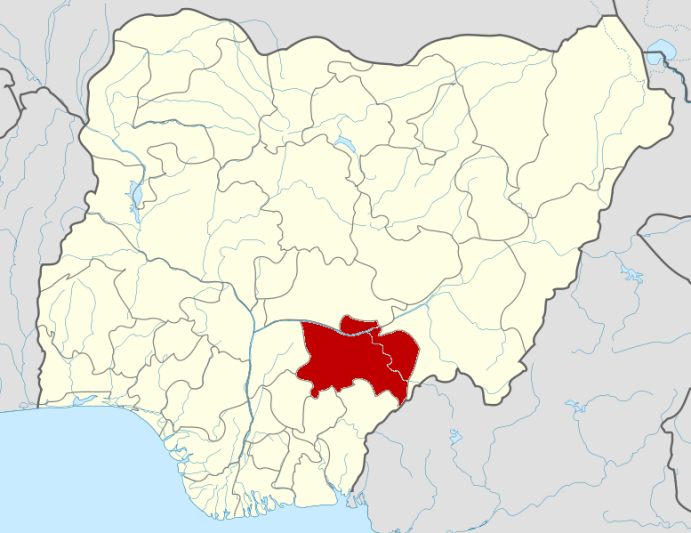 President Muhammadu Buhari has approved the reappointment of Peteru Inunduh as the Medical Director (MD), Federal Medical Centre, Makurdi, Benue State.
President Muhammadu Buhari has approved the reappointment of Peteru Inunduh as the Medical Director (MD), Federal Medical Centre, Makurdi, Benue State.
According to a press statement signed by a spokesperson of the Federal Ministry of Health, Boade Akinola, on Tuesday, Mr Inunduh’s appointment is a renewal for a second and final term of four years.
Ms Akinola said the reappointment takes effect from March 16, 2019.
Ending HIV In Nigeria: A Reality In Sight?
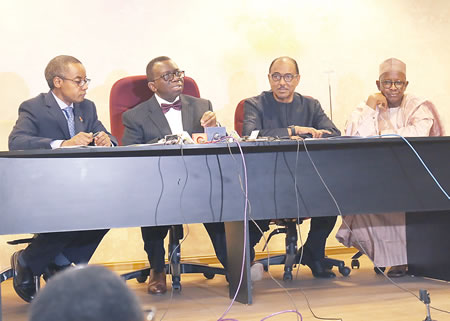 Now, the preliminary findings of the Nigeria AIDS Indicator and Impact Survey (NAIIS) indicates that an estimated 1.9 million Nigerians are living with HIV with about one million persons on treatment.
Now, the preliminary findings of the Nigeria AIDS Indicator and Impact Survey (NAIIS) indicates that an estimated 1.9 million Nigerians are living with HIV with about one million persons on treatment.
The findings of the survey presented in Abuja by President Mohammed Buhari puts Nigeria’s current national HIV prevalence at 1.4 per cent in the population aged 15 to 49 years.
The survey measured the HIV prevalence rate (defined as the proportion of persons who tested positive for HIV) stratified on the basis of age, sex and geographic location.
FG must take full responsibility for funding HIV/AIDS programmes - Salako
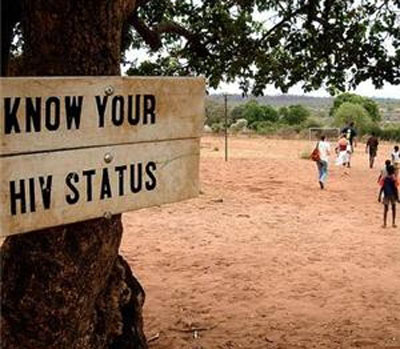 By Sola Ogundipe The Director General of the Nigerian Institute of Medical Research, NIMR, Prof Babatunde Salako, has said that Nigeria would only sustain the gains it has achieved against HIV/AIDS if the Federal government takes full responsibility for funding HIV/AIDS programmes in the country.
By Sola Ogundipe The Director General of the Nigerian Institute of Medical Research, NIMR, Prof Babatunde Salako, has said that Nigeria would only sustain the gains it has achieved against HIV/AIDS if the Federal government takes full responsibility for funding HIV/AIDS programmes in the country.
Salako, who was responding to the findings of the 2018 Nigeria HIV/AIDS Indicator and Impact Survey, NAIIS, presented recently by President Mohammadu Buhari, told Vanguard that government needed to take over the funding of HIV completely from donors. “I’m congratulating the National Agency for the Control of AIDS, NACA, for the successful completion of the nationwide survey on HIV and beyond the fact that it was a successful project, the results were also very encouraging,” Salako stated.
WHO engages 12,000 community informants to find ‘missing TB cases’ in Nigeria
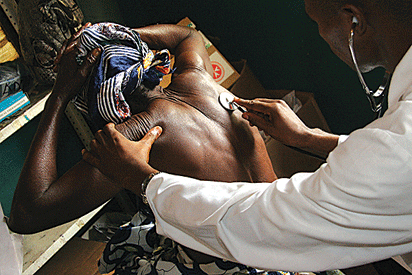 As Nigeria commemorates World Tuberculosis (TB) Day on 24 March 2019, the World Health Organization (WHO) has engaged over 12,000 community informants to find ‘missing cases’ of TB in the country.
As Nigeria commemorates World Tuberculosis (TB) Day on 24 March 2019, the World Health Organization (WHO) has engaged over 12,000 community informants to find ‘missing cases’ of TB in the country.
The 2018 TB report reveals that 4.3 million cases are missed globally and Nigeria contributes 8 percent of this. In 2019, the World TB Day theme is ‘It’s Time’ and national slogan is ‘To End TB in Nigeria (Keep the Promise! Find TB! Treat TB!)’.
The 2018 WHO Global TB Report indicates that the disease burden caused by TB is falling globally, but not fast enough to reach the required milestones of the ‘End TB Strategy -2020’. An estimated 418,000 new TB cases occurred in Nigeria in 2018 and the country notified 106,533 cases (25 percent) of TB in 2018, leaving a gap of 314,712 and 319,599 cases that are yet to be notified respectively.
Hi-tech toilet seat detects early signs of heart failure
 Going to the toilet is a natural biological function, but it could also save your life if you are at risk of a heart failure. However this medical feat is only possible if you utilise a novel toilet seat made by Heart Health Intelligence, that could detect signs of heart failure before symptoms appear.
Going to the toilet is a natural biological function, but it could also save your life if you are at risk of a heart failure. However this medical feat is only possible if you utilise a novel toilet seat made by Heart Health Intelligence, that could detect signs of heart failure before symptoms appear.
The battery-powered, WiFi-enabled toilet seat, invented by scientists in New York, fits on top of a normal toilet seat and incorporates sensors to pick up the user’s heart rate, blood pressure and oxygen levels through their legs. The seat is waterproof and requires no setting up or programming. All the patient needs to do is sit on it. Inventors at the Rochester Institute of Technology in New York have designed and produced the seat, which they hope will cut hospital admission rates.
UPU America organises free medical outreach for Deltans
 As part of its efforts to complement government’s initiatives in delivering quality healthcare to Deltans, the Urhobo Progress Union America, UPUA, on Tuesday gave out free medicals to some Deltans.
As part of its efforts to complement government’s initiatives in delivering quality healthcare to Deltans, the Urhobo Progress Union America, UPUA, on Tuesday gave out free medicals to some Deltans.
The President of UPU America, Olorogun Onome Dema who spoke shortly after the free medicals at Government Hospital, Ekpan said the gesture was to ensure that Deltans live in sound health at all times.
Speaking on the free medicals organized by the Urhobo Progress Union UPU America, the President, Dr. Onome Dema said the free medicare was a follow up to the free medical outreach of the group carried out to mark the 2O18 Urhobo cultural day at Ovwianmuge Agbarho.
Nigeria losing war against drug abuse
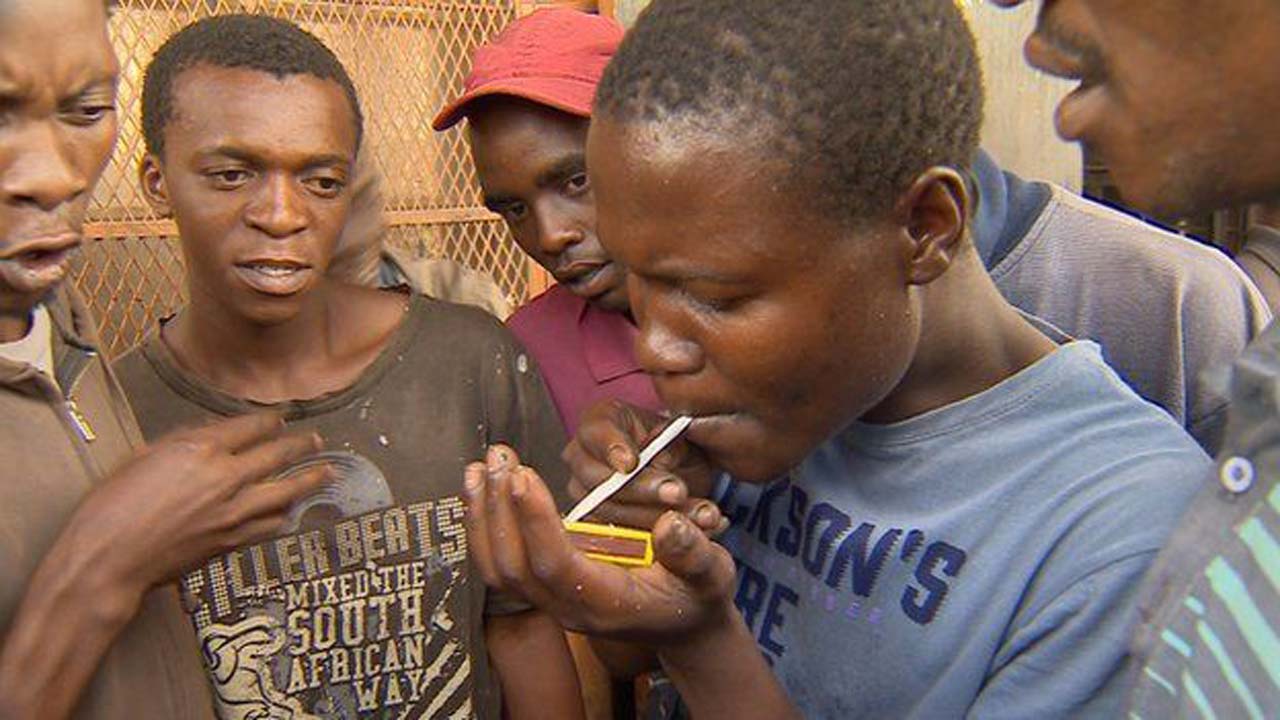 The issue of drug and substance abuse among the teeming youths in Nigeria has taken a new dimension, as the problem is much bigger than projected decades ago.
The issue of drug and substance abuse among the teeming youths in Nigeria has taken a new dimension, as the problem is much bigger than projected decades ago.
Before now, drug and substance abuse was rampant among few hoodlums on the streets and also done in hidden places, but the current situation is not the same, as there is practically no major city in Nigeria that does not have hideouts, joints, clubs or ram-shackles where the youths visit to buy or use drugs of different descriptions to feel good.
More worrisome is the fact that drugs are now done in the open without fear of being seen or caught, whether by their parents, elderly ones, religious leaders, teachers or law enforcement agencies. Drugs are now everywhere; there is hardly any tertiary institution or even the primary and secondary schools that are free of drug abusers.






